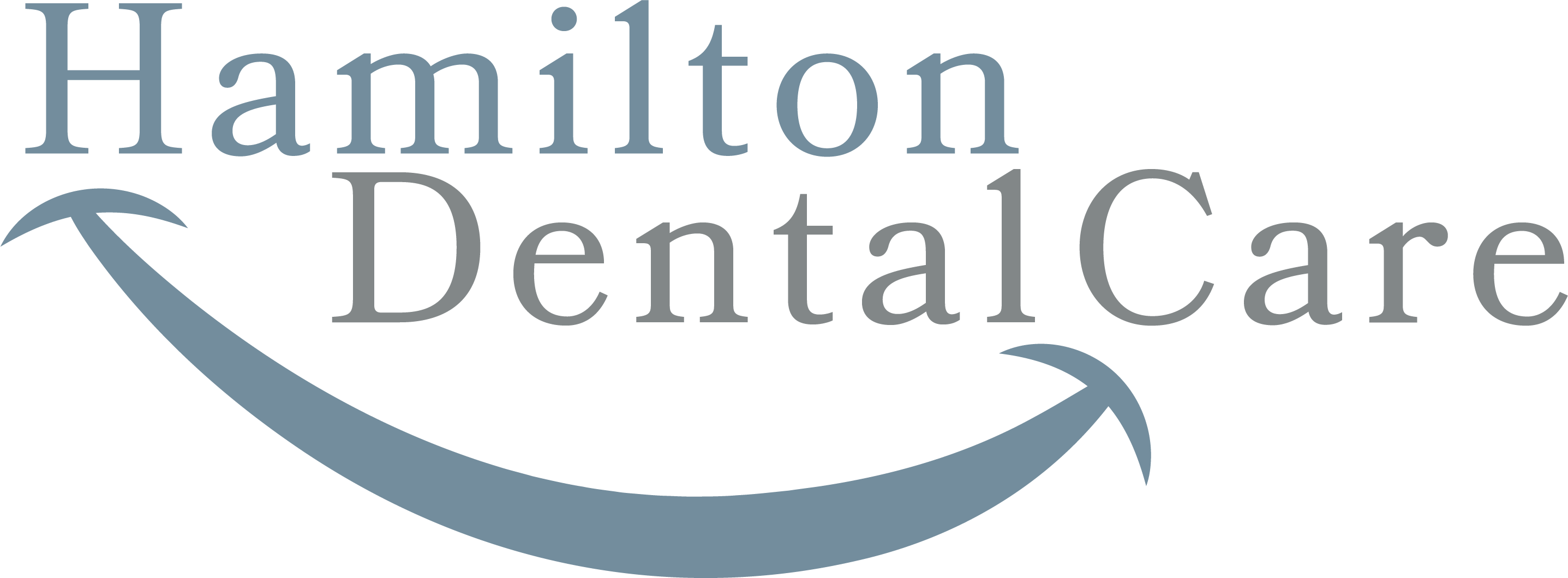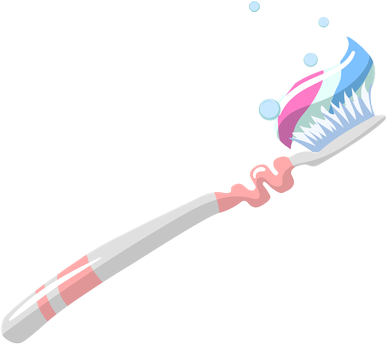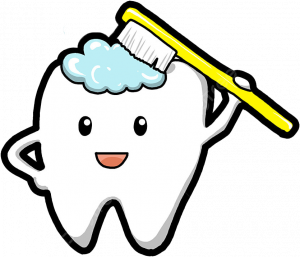 Bloomsburg, Danville, and Lewisburg, PA
Bloomsburg, Danville, and Lewisburg, PA
Surprise! Older Americans are keeping their teeth longer than in decades past. Plus, the average number of teeth people retain into their later years is increasing. On the flip side, the longer people keep their teeth, the more likely they are to develop dental problems, which is why routine dental checkups are important even as we age.
Here are some common dental problems that can arise later on in life and what can be done to fix them.
Cavities
People over the age of 50 can still develop cavities (tooth decay). Teeth can develop cavities, even if it has not ever been an issue before. Also, cavities can appear around old fillings or even at the root of a tooth. As we age, the roots of our teeth become softer and sometimes more exposed. This combination makes teeth of older Americans more susceptible to cavities.
The solution to combat this problem is fluoride. Believe it or not, but fluoride is not just for kids, as commonly thought. Since our drinking water, nor bottled water, does not have fluoride in it you should consider speaking with the dentist about adding a fluoride gel or rinse to your daily routine.
Dry mouth
Dry mouth is also a common dental problem as we age. If you are not producing adequate amounts of saliva, you are more likely to develop cavities, as saliva helps protect teeth from decay. The two main components of saliva are calcium and phosphate, which help prevent the demineralization of teeth.
Feeling thirsty is not always an indicator of dry mouth. If you experience a sticky feeling in your mouth, have trouble swallowing, have a dry throat or cracked lips, you likely suffer from dry mouth. As people age they tend to take more medications, which, unfortunately, present a common side effect of dry mouth.
Sometimes, smoking or injuries to salivary glands could be to blame for lower saliva production. If you suffer from dry mouth, try to stimulate salivary production. Sometimes simply sipping water throughout the day or chewing on sugar-free candies or gum help curb that dry mouth feel. For severe cases, the dentist may recommend a prescription saliva substitute or an over-the-counter solution.
Gum disease
Gum disease can be another aspect of aging. Gums that are swollen, red, or easily bleed are plagued with gingivitis, which is an early stage of periodontal (gum) disease. If left untreated, gingivitis will progress into periodontal disease and could be dangerous for your entire health, not just your teeth and gums.
Periodontal disease is when the gums that surround your teeth begin to shrink away from your teeth, creating pockets that can easily become infected by trapped bacteria. Eventually, periodontal disease leads to jawbone loss and eventually tooth loss. The best solution for this condition are routine dental cleanings and exams, as well as practicing good oral hygiene at home. Also, it is never too late to stop periodontal disease in its tracks and prevent further damage. If you develop periodontal disease, you should seek treatment from your dentist.
Oral cancer
Oral cancer is another concern for aging individuals. Oral cancer will affect more than 43,000 Americans this year alone and unfortunately, more than 8,000 will die from the disease, according to The Oral Cancer Foundation. Your risk of developing oral cancer increases with age and is often linked to smoking and heavy alcohol consumption.
Recently, studies have proven a link between Human Papilloma Virus (HPV) as a cause of oral cancer. Sadly, only about half of the people who develop oral cancer will survive. Oral cancer has a tremendous survival rate of nearly 80-90% if caught early. The problem is when patients are not seeking routine dental care; their oral cancer is not being discovered until it is too late. During your routine dental cleanings and exams, the dentist can easily and quickly perform an oral cancer screening by checking the soft tissue in your mouth and examining your throat and jaw.
Crooked teeth
Tooth crowding is another common complaint as we age. You may notice your teeth beginning to shift and overlap causing food to get stuck between your teeth. Although you may not be concerned with the appearance of crowded teeth, teeth that overlap are more difficult to clean, meaning an increased risk of developing cavities or even periodontal disease.
The solution is an orthodontic evaluation to determine the best treatment of correcting crowded teeth. There are various types of orthodontic treatment available today that can help with overcrowded teeth. Even clear aligner therapy such as Invisalign has proven helpful for patients of all ages.
For more information on how to treat these dental problems, please contact Hamilton Dental Care by calling (570) 387-0533.
Hamilton Dental Care is here to serve patients in the communities of Bloomsburg, Danville, and Lewisburg, PA.







Comments are closed